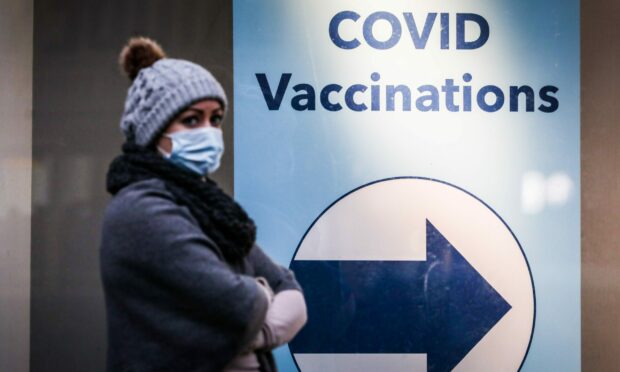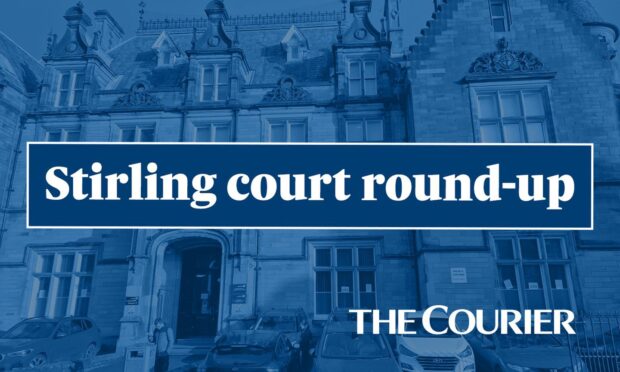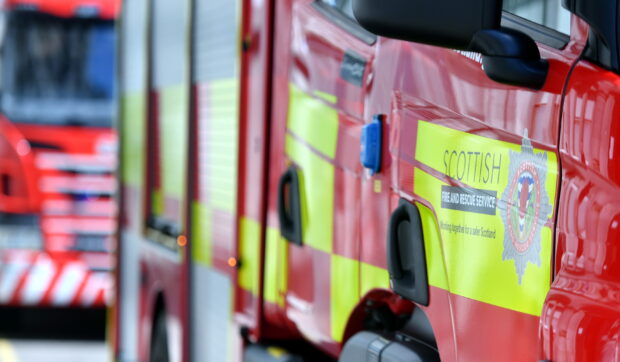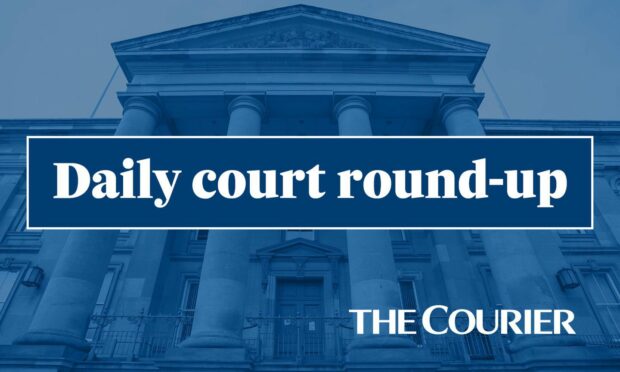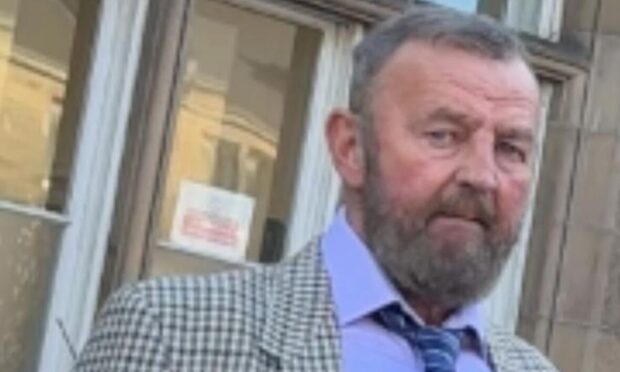Scotland has recorded another record day of Covid-19 cases – including nearly 2,300 across Tayside and Fife – with a “steep” rise in hospital numbers.
A total of 16,857 infections have been recorded across the country in the latest 24-hour period, following on from Wednesday’s record total of more than 15,000.
Thursday’s figures include 2,295 cases in Tayside and Fife – with more than 1,000 of these in the kingdom alone.
In Perth and Kinross there have been 536 new infections, while Dundee’s case tally has risen by 428 and 247 new cases have been reported in Angus.
Rise in hospital patients with Covid
More than 70,000 new tests have been carried out, with a positivity rate of just over 27%.
Meanwhile nine further people have died within 28 days of testing positive for the virus.
The data also shows that 810 people in Scotland who are in hospital have recently tested positive for coronavirus, up from 679, with 34 receiving treatment in intensive care.
There have been delays in some results being reported over the Christmas period due to demand brought on by the Omicron variant.
But the Scottish Government says Public Health Scotland “continues to see improvements” in turnaround times for tests.
Reacting to the record daily rise in cases, First Minister Nicola Sturgeon says it is highly likely people will catch the virus by mixing with others.
‘NHS will face acute pressure’ – first minister
She posted on Twitter: “Yet another record tally of reported cases in today – reflecting fact that Omicron is very, very infectious.
“Likelihood of getting it just now if you mix with others is high.
“Just as notable than cases is the steep rise in hospital occupancy, the largest single day increase in a while.
“A reminder that even if there is a lower percentage hospitalised through Omicron, sheer volume will still put acute pressure on NHS – and result in serious illness for many.”
It came after Ms Sturgeon’s update on Wednesday where she warned the period ahead would not be an easy one.
But the first minister did not introduce any new restrictions, telling the Scottish Parliament the current rules on events would likely remain in place until January 17.
She also confirmed that a decision will not be made immediately on whether to drop the self-isolation period in Scotland, adding: “We need to get this right.
“We are taking a few more days because we have rapidly rising cases fluctuating due to the Christmas period and we need to make a judgement that weighs the benefits of this.
“I think it make sense to make sure we are making changes in a coherent way.”
